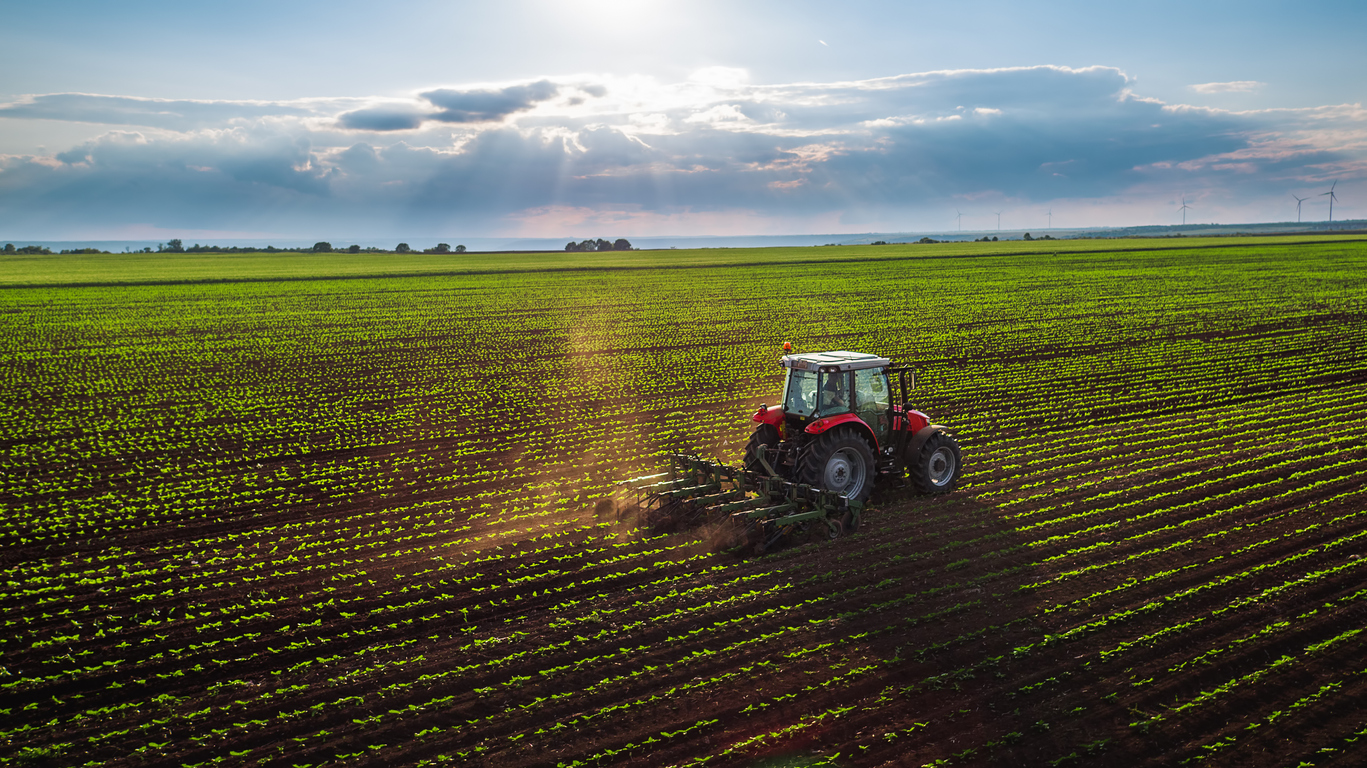An Overview of Nigeria’s Agriculture Seasons and How It Affects Farmers
An Overview of Nigeria’s Agriculture Seasons and How They Affect Farmers
Nigeria’s agriculture is profoundly influenced by its climatic conditions, which dictate the planting and harvesting seasons. Understanding these seasons is crucial for farmers to optimize their productivity and manage risks effectively.
Climate and Agricultural Seasons in Nigeria
Nigeria experiences two primary seasons that impact agricultural activities:
- Rainy Season (April to October)
- Dry Season (November to March)
Rainy Season
The rainy season is characterized by abundant rainfall, which is crucial for most crops. The season can be subdivided into:
- Early Rainy Season (April to June): Farmers typically plant crops such as maize, yam, and rice.
- Peak Rainy Season (July to September): Crops continue to grow, benefiting from the heavy rains.
Dry Season
The dry season is marked by little to no rainfall. It is subdivided into:
- Early Dry Season (November to January): Harvesting of crops like maize, rice, and millet.
- Late Dry Season (February to March): Irrigation is essential for farming activities. Vegetables and some cash crops like tomatoes and onions are cultivated during this period using irrigation.
Regional Variations
Nigeria’s diverse geography leads to variations in agricultural seasons across different regions:
- Northern Nigeria: Experiences a shorter rainy season (June to September) and a longer dry season, making irrigation crucial for year-round farming.
- Southern Nigeria: Enjoys a longer rainy season (April to October) and a shorter dry season, allowing for multiple cropping seasons within a year.
Effects on Farmers
Positive Impacts
- Multiple Cropping Seasons: In regions with extended rainy seasons, farmers can cultivate more than one crop cycle per year.
- Diverse Crop Production: The climatic diversity allows for the cultivation of a wide range of crops, from cereals and legumes in the north to tubers and vegetables in the south.
Challenges
- Flooding: Excessive rainfall can lead to flooding, especially in low-lying areas, destroying crops and infrastructure.
- Drought: In the northern regions, the short rainy season and prolonged dry season can lead to water scarcity, affecting crop yields.
- Pest and Disease Outbreaks: Seasonal changes often bring about pest and disease outbreaks, which can devastate crops if not properly managed.
- Irrigation Dependency: In areas with extended dry seasons, reliance on irrigation can increase production costs and demand for water resources.
Adaptation Strategies
Farmers in Nigeria adopt various strategies to mitigate the challenges posed by seasonal changes:
- Improved Irrigation Systems: Investment in irrigation infrastructure helps maintain crop production during the dry season.
- Flood-Resistant Varieties: Developing and planting flood-resistant crop varieties to withstand heavy rains.
- Integrated Pest Management (IPM): Employing IPM practices to control pest and disease outbreaks.
- Crop Diversification: Growing a variety of crops to spread risk and ensure income even if one crop fails.
Conclusion
Understanding Nigeria’s agricultural seasons and their impact on farming practices is essential for optimizing productivity and managing risks. By leveraging climatic patterns and adopting innovative farming techniques, Nigerian farmers can enhance their resilience and ensure sustainable agricultural development.








LEAVE A COMMENT
You must be logged in to post a comment.